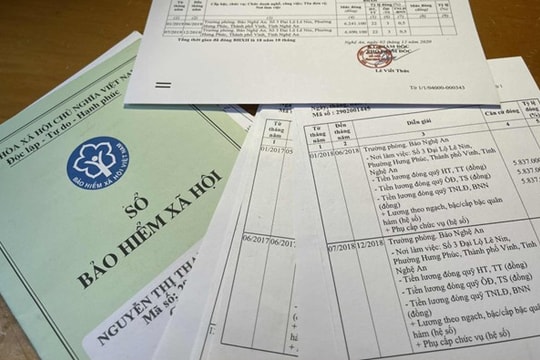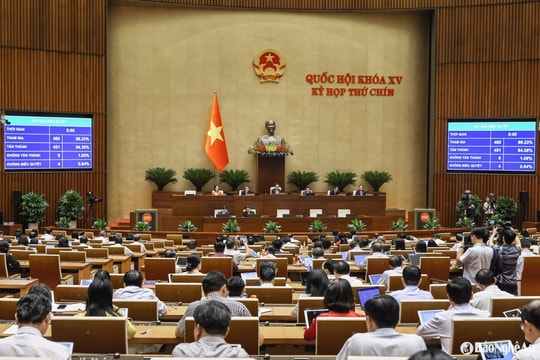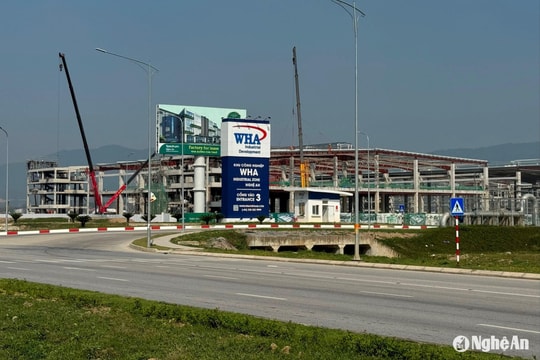Salary of civil servants increases: Does work quality increase?
Increasing salaries for civil servants without streamlining the payroll, improving the quality of the team, and increasing work efficiency will only increase the burden on the budget.
Resolution 27-NQ/TW dated May 21, 2018 on reforming salary policy for cadres, civil servants, public employees, armed forces and employees in enterprises issued by the Central Executive Committee clearly states: From 2021, a new unified salary regime will be applied to cadres, civil servants, public employees and armed forces in the entire political system.
In 2021, the lowest salary of cadres, civil servants and public employees will be equal to the average lowest salary of regions in the business sector.
By 2025, the lowest salary of cadres, civil servants and public employees will be higher than the average lowest salary of regions in the business sector.
By 2030, the lowest salary of cadres, civil servants and public employees will be equal to or higher than the lowest salary of the highest region of the business sector.
Resolution 27 also clearly states that it is necessary to develop and promulgate a new salary system according to job positions, titles and leadership positions to replace the current salary system; convert old salaries to new salaries, ensuring that they are not lower than current salaries.
|
| Illustration |
This is the goal set out in Resolution 27, but to achieve it is not a simple task. With a system that is considered very cumbersome and ineffective, it is an extremely heavy burden on the budget. If salaries are increased but the current status of the staff and quality remains the same, then certainly no budget can bear it. Therefore, the streamlining of the payroll must be carried out more vigorously and effectively. In theory and in principle, it is like that, but in the past, we have failed in streamlining the payroll. We have not eliminated anyone from the apparatus, and the apparatus has even become bloated. The results of streamlining the payroll are mainly concentrated in the group of people who have reached retirement age, have retired due to disability or have proactively asked to leave their jobs at State agencies. But on the other hand, there are many capable and well-minded officials who have said goodbye to State agencies to work for foreign organizations and non-governmental organizations.
To innovate the work of cadres and improve the quality of the team, the recruitment and evaluation of cadres must be the key. However, in reality, it is easy to see that many regulations on degrees and certificates in the selection and evaluation of cadres are no longer suitable. For example, the regulation that recruitment documents must have office computer certificates A, B, C. This is one of the regulations that has been in place for more than 20 years, when office computer skills were still an extremely "luxury" skill. Now, we are entering the 4.0 industrial revolution, using computers is a common skill for a person to be able to do the job. But we still stipulate that computer certificates are one of the mandatory documents when recruiting, evaluating, and appointing cadres.
What is the meaning of increasing salaries when petty corruption, harassment, and making things difficult for people and businesses are still quite common?; when many people still consider entering a state agency as just a "stepping stone" for other purposes; and the situation of "going to work with an umbrella in the morning and coming home with an umbrella in the evening", sitting at the office drinking tea, chatting... is not uncommon.
Without a real “revolution” in personnel work, streamlining the payroll is as difficult as “shooting yourself in the foot” but we still have to be determined to do it… then salary increases will become wasteful, only increasing the burden on the budget./.









